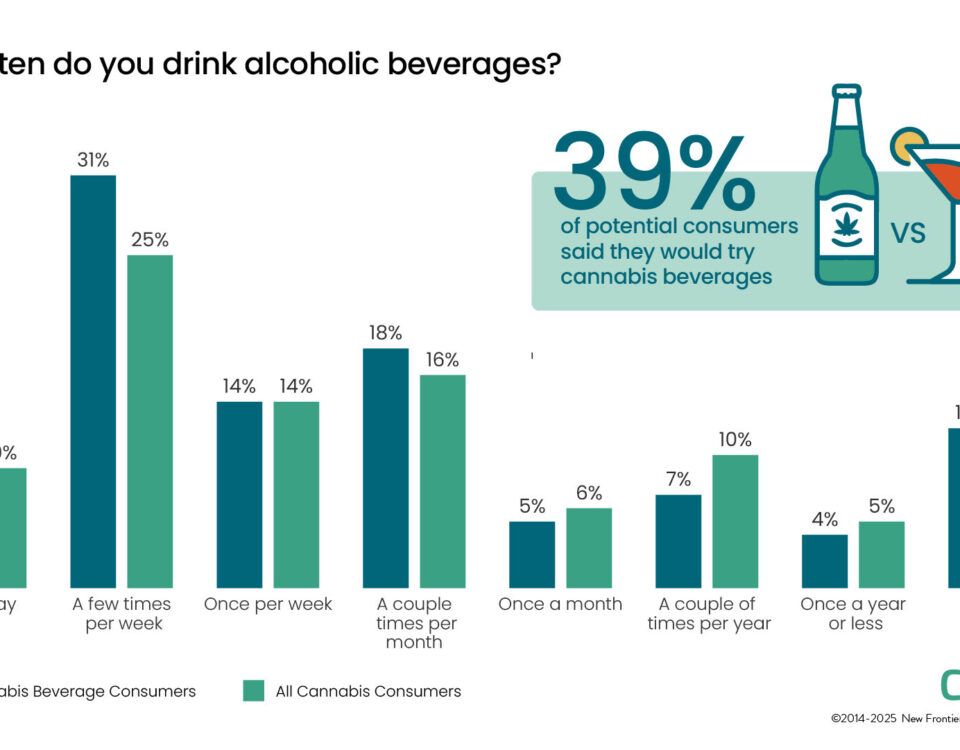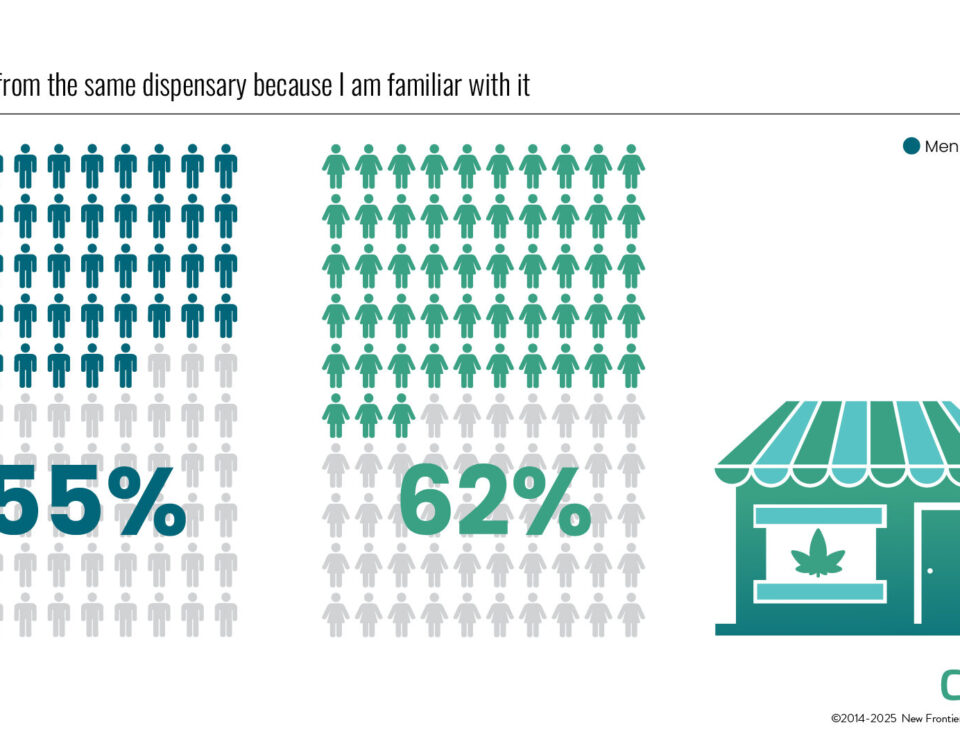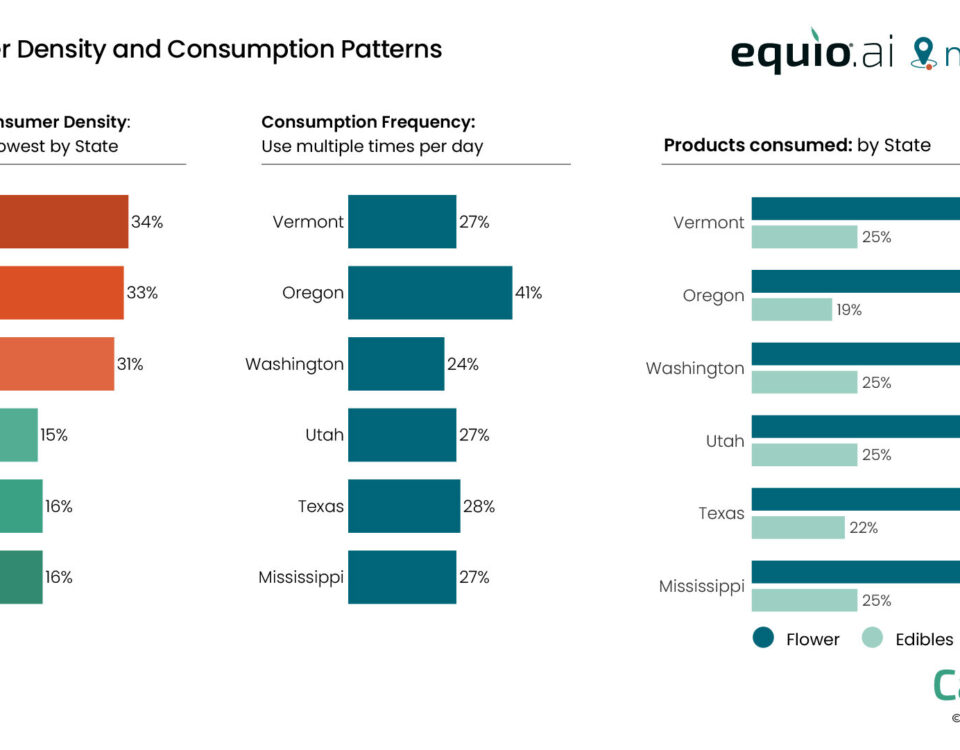Midterm Elections Result in Increased Momentum Toward Legalization

Cannabis Initiatives Pass in Three of Four States in Mid-term Election Cycle
November 7, 2018
The Week That Was: Removal of Pete, Jeff Sessions Seen as Boons for Cannabis
November 10, 2018By J.J. McCoy, Senior Managing Editor, New Frontier Data
As both Republicans and Democrats claimed limited victories after Tuesday’s midterm elections in which the House of Representatives switched to Democratic control but the GOP increased its majority in the Senate, cannabis proponents at large were united in welcoming the results toward further U.S. legalization.
News on Wednesday included word that longtime cannabis opponent Jeff Sessions was resigning, a move immediately met by surging market activity.
Michigan joins nine other states and the District of Columbia to legalize cannabis for adult use. Missouri and Utah will respectively add to 31 states (and D.C.) with medical cannabis programs.
Michigan now represents the second-largest adult-use market (by population) outside of California. Proposal 18-1 legalizes cannabis for ages 21 and older, allowing for up to 10 oz. of flower, or concentrates and cannabis-infused edibles, as well as homegrown plants (up to 12) for personal consumption. Still, a local opt-out provision will let local municipalities ban or severely restrict cannabis businesses. A 10% cannabis tax will be earmarked for administrative costs, research, roads, schools, and local jurisdictions.
While Missouri actually had three competing measures on the ballot, voters overwhelmingly chose Amendment 2, to amend the state constitution to permit doctors to prescribe cannabis to treat authorized conditions. It will be taxed at 4%, and allows for home cultivation.
In Utah, voters embraced Proposition 2 despite monied opposition from the influential Church of Latter-day Saints, which has come out in favor of medical cannabis but opposed Tuesday’s measure as overbroad. Modeled closely to Colorado’s program, the law requires qualifying patients to have a recommendation from a licensed physician, allows for up to six plants to be grown at home, prohibits smokable forms, but delays institution of the program until January 1, 2021. Cannabis will be exempt from local and state sales taxes; the state legislature will instead fund the program through business license fees.
“Passage of medical measures in the states of Utah and Missouri affirms the widespread acceptance of medical cannabis even in some of the most conservative parts of the country,” said John Kagia, New Frontier Data’s Chief Knowledge Officer. “This suggests that the momentum toward expanding legal access will continue in the coming years, and will further increase the pressure on Congress to address the important regulatory issues that have stymied the cannabis industry’s growth, and resulted in the U.S. market being at a strategic disadvantage against the nationally regulated Canadian market.”
All three states will enjoy an influx of created jobs. New Frontier Data’s updated total forecast for the U.S. legal market overall indicates that the nation’s current 259,000 plant-touching jobs in the legal cannabis market will now expand to 642,000 (or 148%) by 2025. Assuming that the United States had full federal legalization like Canada, New Frontier Data estimates that there would be 698,000 jobs in 2018. This factors in a residual 25% illicit market post legalization. Total legalized plant-touching jobs would then increase to 1.05 million jobs by 2025.
Some industry proponents expect that more are on the way.
“This issue does not only enjoy strong support on the coasts, but also in the Midwest and all throughout the country,” posted Steven W. Hawkins, executive director of the Marijuana Policy Project, on Wednesday. “Marijuana has now been legalized for adult use in one out of every five states, so I think it’s safe to say federal laws are in need of an update.”

J.J. McCoy
J.J. McCoy is Senior Managing Editor for New Frontier Data. A former staff writer for The Washington Post, he is a career journalist having covered emerging technologies among industries including aviation, satellites, transportation, law enforcement, the Smart Grid and professional sports. He has reported from the White House, the U.S. Senate, three continents and counting.




